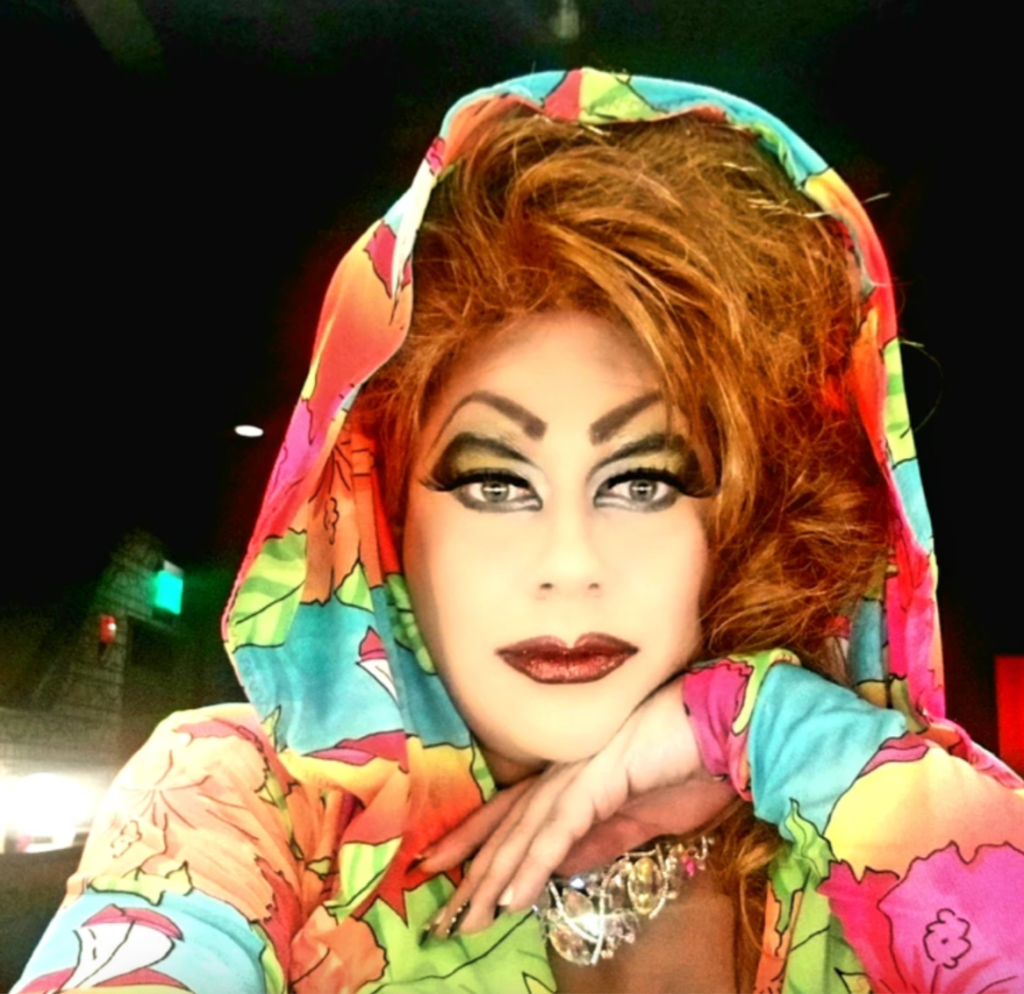HRC criticizes companies for ending DEI programs under right-wing pressure
The Human Rights Campaign (HRC) has criticized companies like Molson Coors, Ford, and others for “abandoning their values and backtracking from commitments to diversity, equity, and inclusion (DEI)” following right-wing pressure campaigns.
The HRC concurrently released new survey data showing that rollbacks on DEI from large corporations in recent years are wildly unpopular with LGBTQ+ individuals and alienating many consumers. This data comes in response to far-right activist and conspiracy theorist Robby Starbuck allegedly causing numerous prominent companies — including Ford, Lowe’s, and Harley-Davidson— to significantly scale back their DEI efforts via public pressure campaigns. Starbuck, who reportedly believes that chemicals in tap water are turning kids gay, has over half a million followers on X.
“The LGBTQ+ community is an economic powerhouse, and we want to work for and support companies who support us. Attacks on DEI initiatives are shortsighted and make our workplaces less safe and less inclusive for hard-working Americans of all demographics and backgrounds,” Orlando Gonzales, Senior Vice President of Programs, Research, and Training at the HRC, wrote in an emailed statement. “This new data confirms that companies like Molson Coors, Ford, and others that abandon their values and backtrack from commitments to diversity, equity, and inclusion risk losing both top employee talent and consumer dollars.”
According to the data, 80.1% of LGBTQ+ adults said that they would boycott a company that rolled back DEI measures, with 75.7% of LGBTQ+ adults having a less favorable view of such a company. Additionally, over half (52.5%) said they would try to get others to join the boycott, and similar numbers (51.7%) would remove any profile, credit card, or app they had with the company. Nearly 28% of respondents said they would join a protest or sign a petition against the company too.
Additionally, 72.4% of LGBTQ+ adults said they’d feel less supported by their company if their workplace rolled back inclusion efforts for the community, 66.6% said they’d feel less safe, and 54% said they’d experience a decline in their mental health. A third of participants said they’d be less productive, and 19.6% said they’d look for a different job entirely.
Meanwhile, over 95% of LGBTQ+ adults said that their company scoring high on HRC’s Corporate Equality Index (CEI) — a measure of LGBTQ+-inclusive company policies — would mean they feel their company supports the community. Half said that a CEI score of 100% would mean there’s strong support for the community.
The data similarly reflected that LGBTQ+ community members feel supported by companies that sponsor Pride parades, hire out leadership, donate to LGBTQ+ nonprofits, make community outreach efforts, and feature queer representation in their marketing and product development.
The President of the Human Rights Campaign, Kelley Robinson, said that Starbuck is a “MAGA bully and Republican-reject” whose “only business experience is hawking vitamins marketed by people profiting off of COVID disinformation.”
The HRC also referenced data from a Washington Post-Ipsos poll that found that most Americans support DEI measures and feel that these measures better support marginalized people while helping guarantee significant outreach to the public.
The survey was done in collaboration with Community Marketing & Insights (CMI) between August 8-18. Respondents were gathered from their broader LGBTQ+ Research Panel, a representative dataset of over 50,000 LGBTQ+ individuals. 2,490 individuals from all 50 states, as well as Washington, D.C., were surveyed, with 2,432 being eligible for participation in the data.
The data was weighted by the HRC to represent the total United States population based on age, race/ethnicity, gender identity, educational attainment, and geographic region in comparison to data from the Census, and political affiliation from the PRRI 2023 American Values Atlas. Weighting was done with a Stata program and was verified with hand calculations. The survey has a margin of error of +/- 4.6%.


